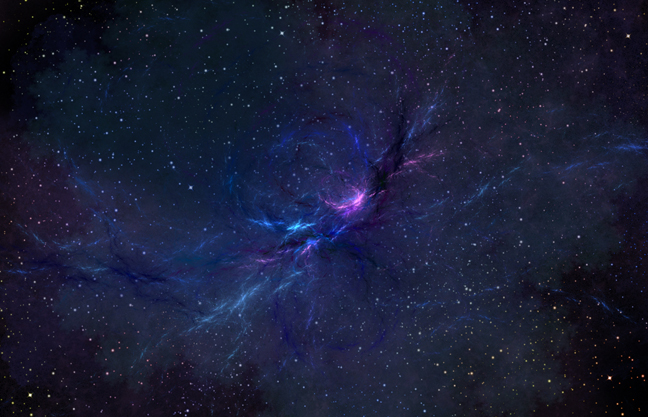If you don’t try to hold your breath, the human body’s exposure to outer space for 30 seconds or so is unlikely to produce permanent injury. If you did try and hold your breath you would damage your lungs (something scuba divers have to watch out for when ascending). You’ll have eardrum trouble if your Eustachian tubes are badly plugged up, but animal experiments in outer space have confirmed that exposure to the powerful vacuum of space causes no immediate injury. You do not explode. Your blood does not boil. You do not freeze. You do not instantly lose consciousness.
However, various minor problems (sunburn, possibly “the bends”, certainly some mild, reversible, painless swelling of skin and underlying tissue) do start after ten seconds or so. At some point you will lose consciousness from lack of oxygen. Injuries begin to accumulate, and after perhaps one or two minutes, you’re dying. The limits are not really known. What we do know is that the human body would not explode and blood does not boil thanks to the containing effect of your skin and circulatory system. You do not instantly freeze because — although the space environment is typically very cold — heat does not transfer away from a body quickly. Loss of consciousness occurs only after the body has depleted the supply of oxygen in the blood. If your skin is exposed to direct sunlight without any protection from its intense ultraviolet radiation, you can get a very bad sunburn.
But apart from 30 seconds of a mounting level of discomfort, there is something else that would be quite unpleasant — the nasty smell of outer space. Lizzie Schiffman of Popular Science writes: “The final frontier smells a lot like a NASCAR race — a bouquet of hot metal, diesel fumes and barbecue. The source? Dying stars, mostly. The by-products of all this rampant combustion are smelly compounds called polycyclic aromatic hydrocarbons. These molecules ‘seem to be all over the universe,’ says Louis Allamandola, the founder and director of the Astrophysics and Astrochemistry Lab at NASA Ames Research Center. When astronauts are outside the International Space Station, space-borne compounds adhere to their suits and hitch a ride back into the station. Astronauts have reported smelling ‘burned’ or ‘fried’ steak after a space walk, and they aren’t just dreaming of a home-cooked meal.”
Furthermore, if you happen to find yourself on the Moon some day, don’t expect to find the lovely scent of lavender or roses either: “The smell of space is so distinct that, three years ago, NASA reached out to Steven Pearce of the fragrance maker Omega Ingredients to re-create the odor for its training simulations. ‘Recently we did the smell of the Moon,’ Pearce says. ‘Astronauts compared it to spent gunpowder.’ Allamandola explains that our solar system is particularly pungent because it is rich in carbon and low in oxygen, and ‘just like a car, if you starve it of oxygen you start to see black soot and get a foul smell.’ Oxygen-rich stars, however, have aromas reminiscent of a charcoal grill. Once you leave our galaxy, the smells can get really interesting. In dark pockets of the universe, molecular clouds full of tiny dust particles host a veritable smorgasbord of odors, from wafts of sweet sugar to the rotten-egg stench of sulfur.”
SEE ALSO: Cassini Captures Color Images Of Saturn’s Mysterious Hexagon-Shaped Hurricane
SEE ALSO: NASA Radiation Probe Captures Incredible Sound Of Earth’s Magnetic “Chorus” Reminiscent Of Bird Songs



